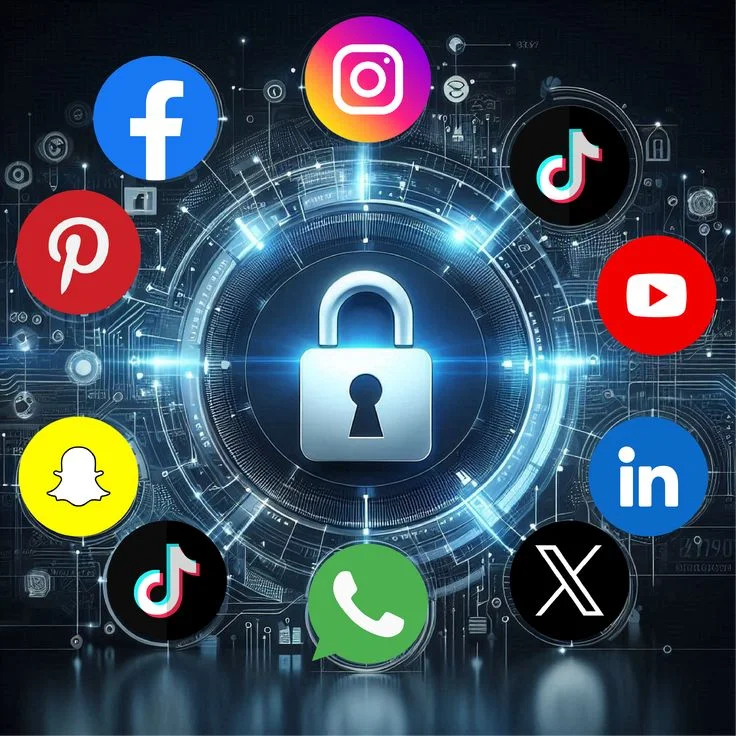Teach children and elderly family members about the importance of online privacy and the risks of oversharing. Have a conversation with your family about the importance of online safety and privacy. Explain to them why it’s important to be cautious about the information they share online.

Use strong, unique passwords: Online privacy
Implement strong, unique passwords for all online accounts to prevent unauthorized access. Instead of using a single word as your password, try using a phrase or sentence. Password managers can generate random, complex passwords for each of your online accounts and store them in an encrypted database. Consider using a reputable password manager to store and generate complex passwords securely.
Enable Two-Factor Authentication
Whenever possible, enable two-factor authentication (2FA) on your accounts for extra security. 2FA is an additional security feature that requires you to provide a second form of identification in addition to your password. This can help prevent hackers from accessing your online accounts even if they have your password.
Be cautious with online quizzes and surveys
Many seemingly harmless online quizzes ask for personal information that could be used to answer security questions on your accounts. Online quizzes and surveys can be fun and interesting, but they can also be risky. Avoid sharing personal information, such as your address, phone number, or date of birth, in online quizzes and surveys.
Regularly review privacy settings
Social media platforms and other websites often change their privacy settings and policies, so it’s important to regularly review your privacy settings to ensure that your personal information is being protected.
Use a VPN: Online privacy
When accessing the internet on public Wi-Fi, use a Virtual Private Network (VPN) to encrypt your connection and protect your data. A VPN, or Virtual Private Network, is a software program that encrypts your online traffic and hides your IP address, which can help to protect your online privacy and security.
Conclusion
Protecting your personal information online is an ongoing process that requires vigilance and awareness. By implementing these strategies and staying informed about potential risks, you can significantly reduce the chances of your home address and family details falling into the wrong hands. See more of our articles on personal safety.
Stay safe and stay informed.





